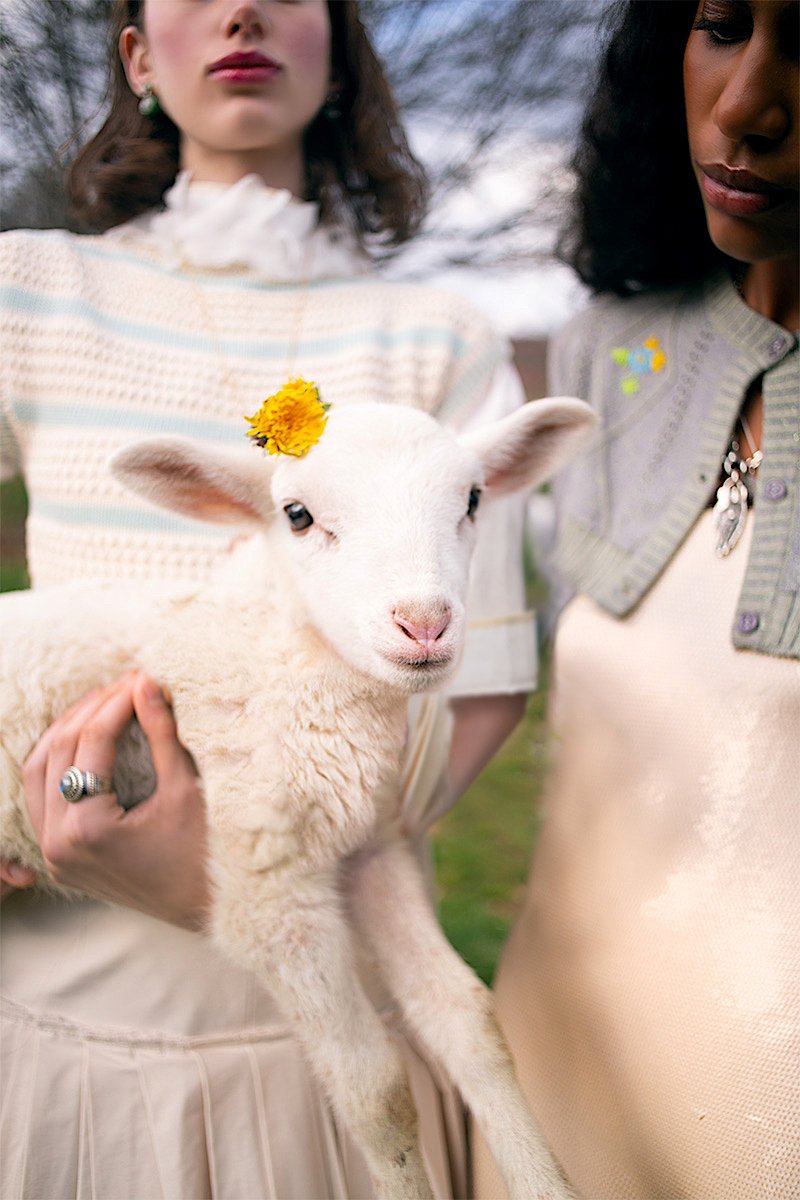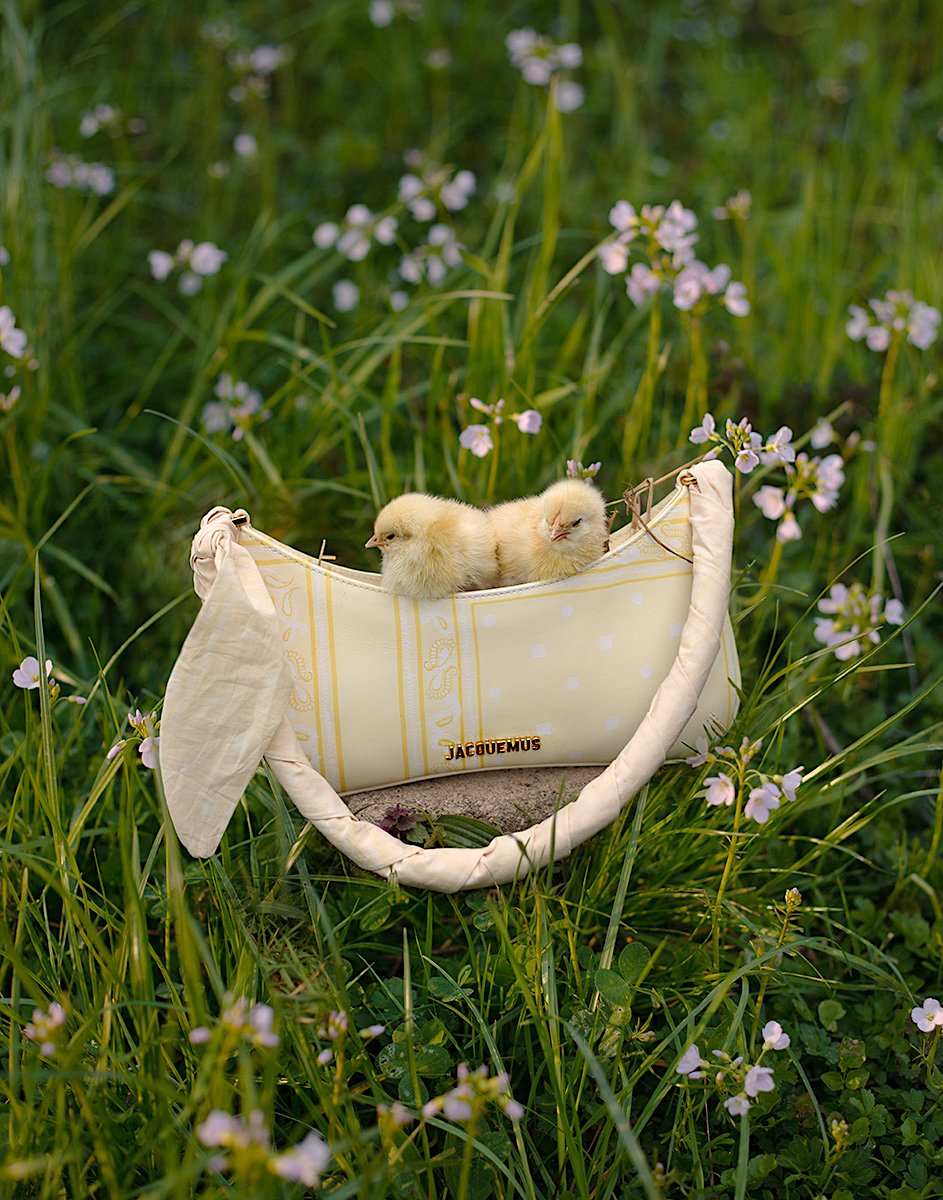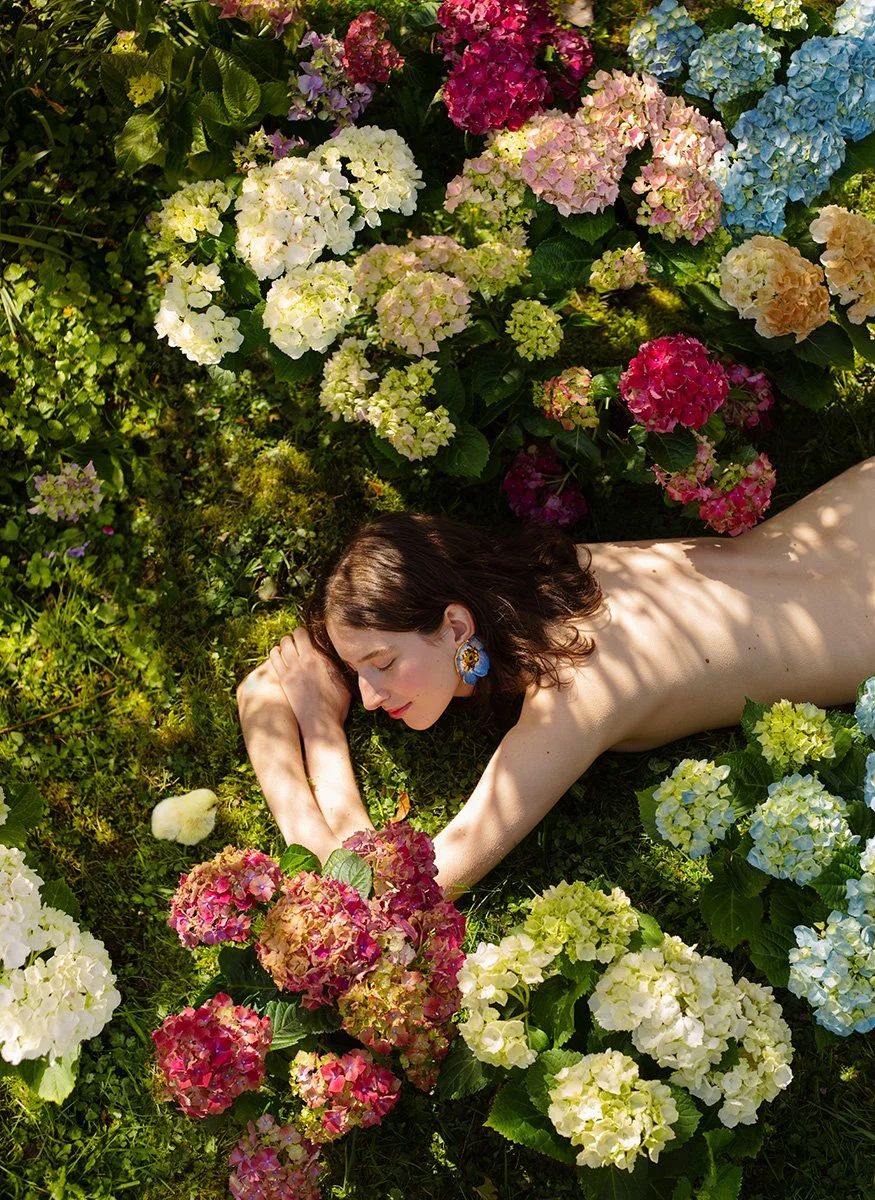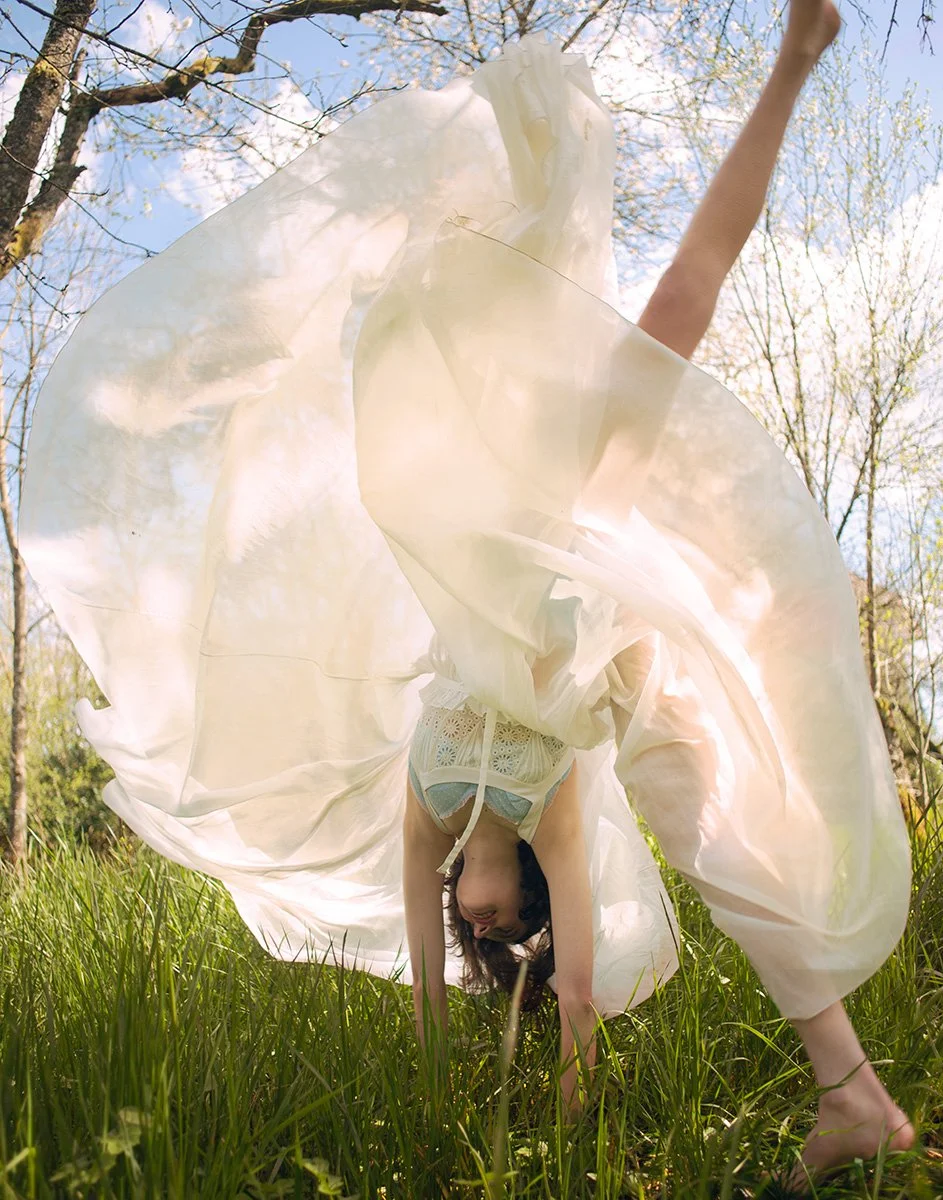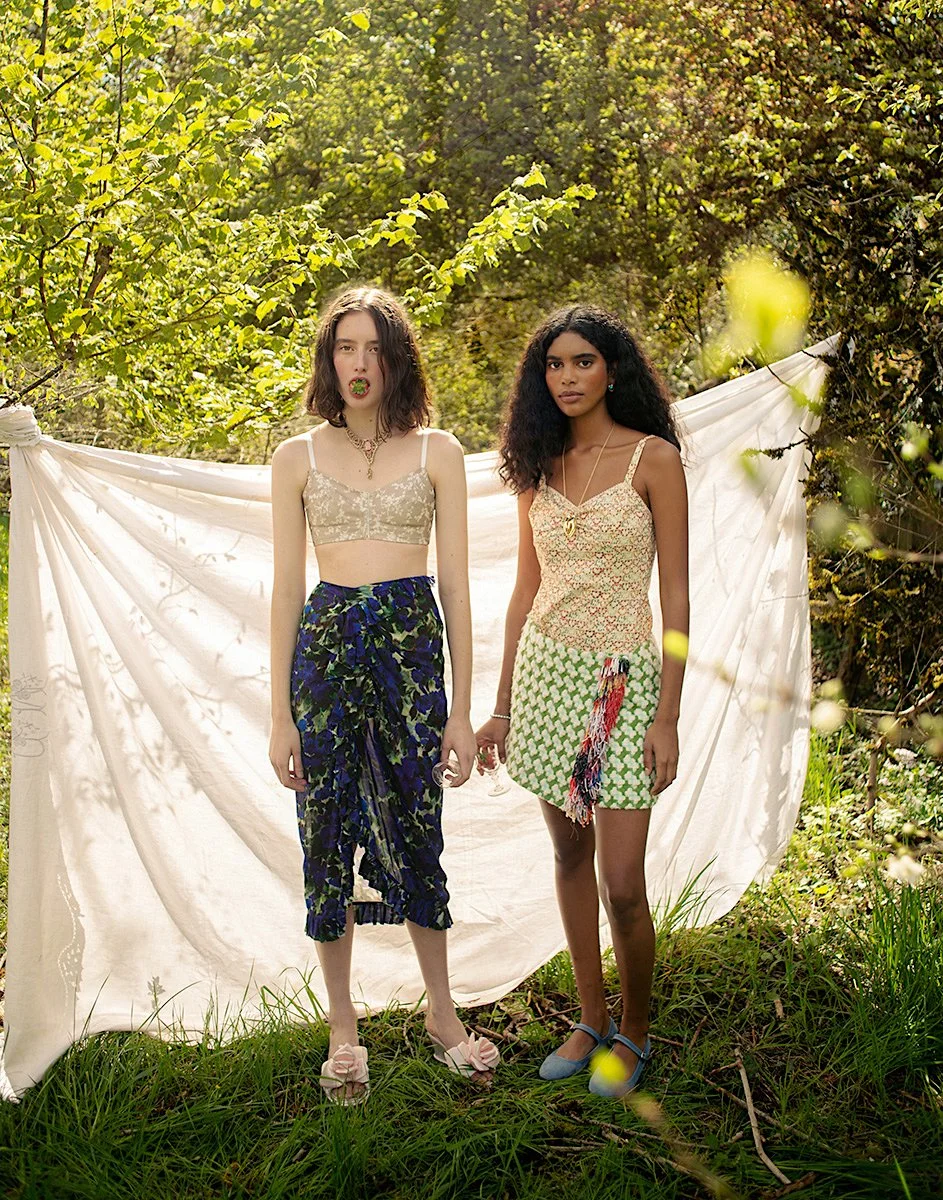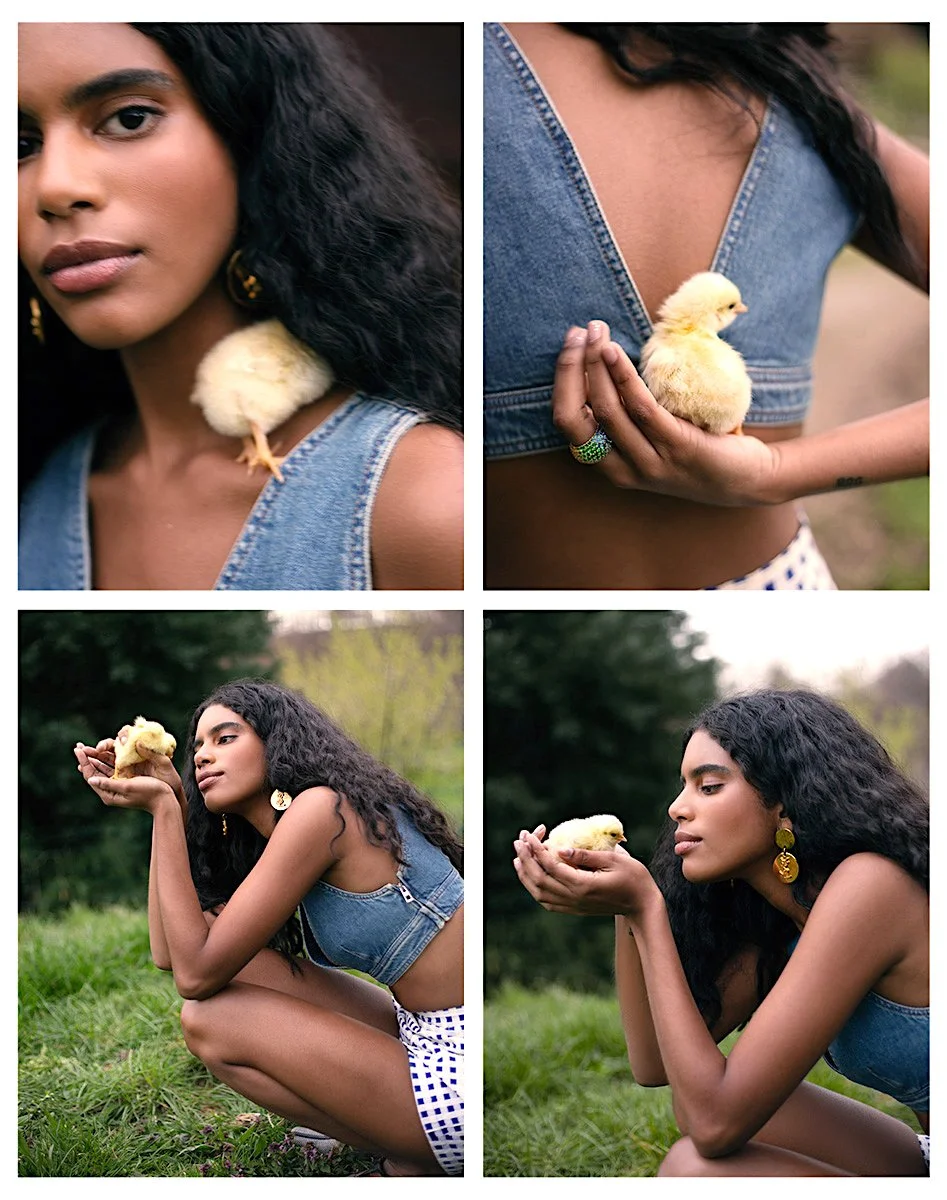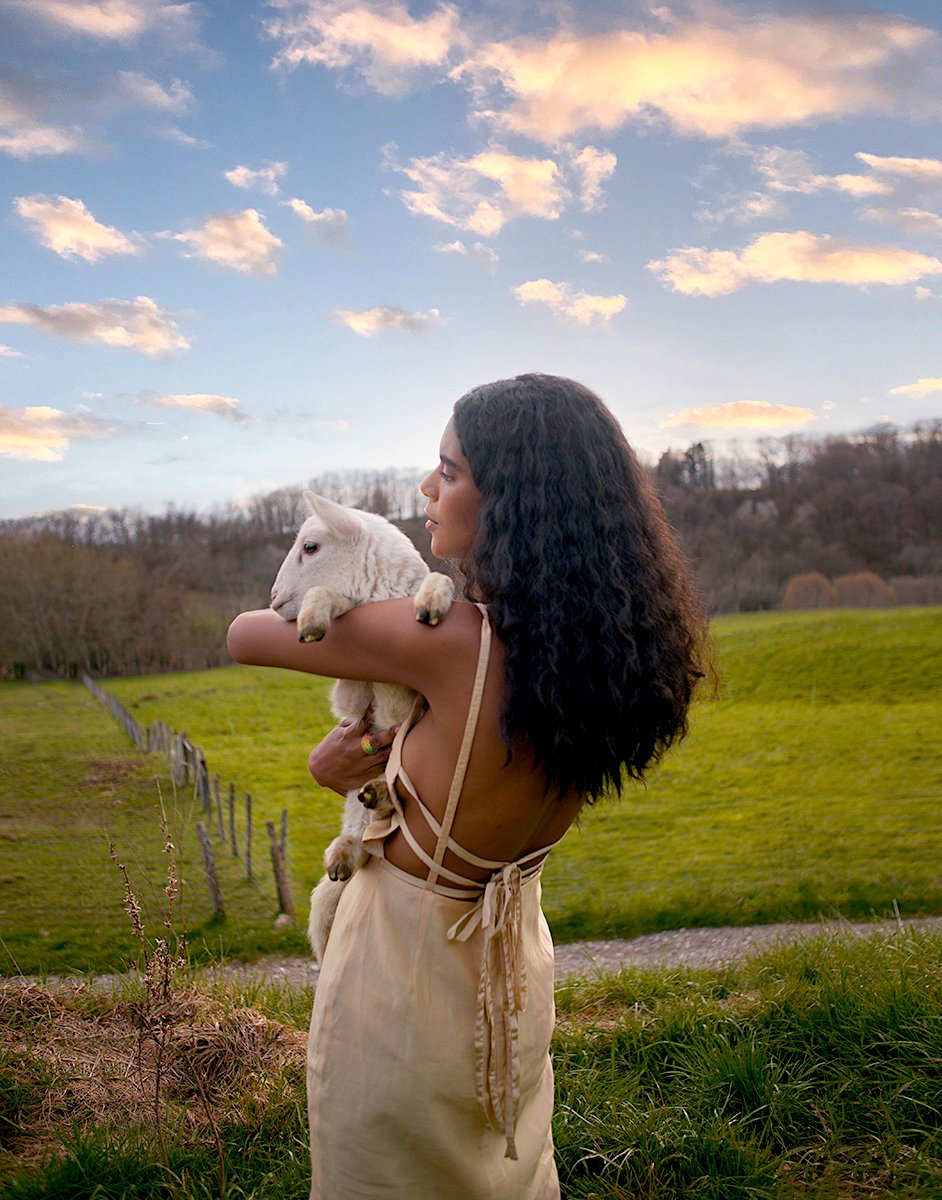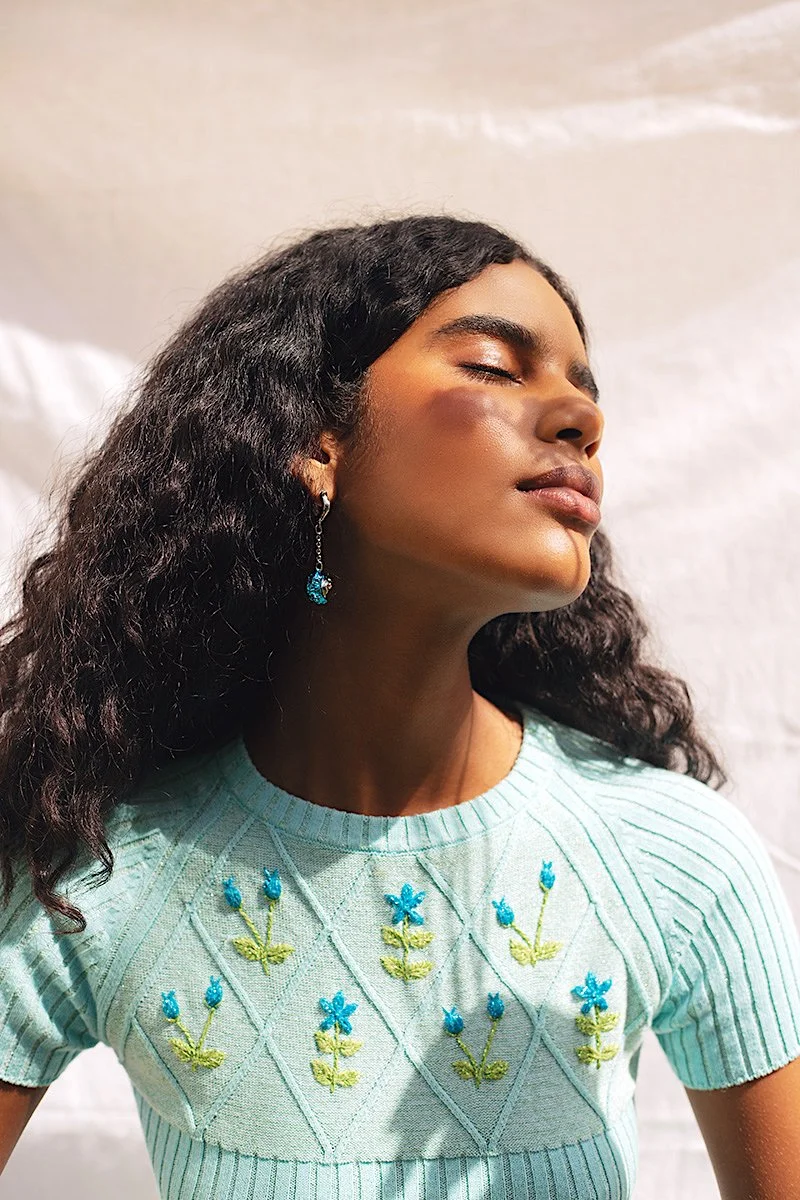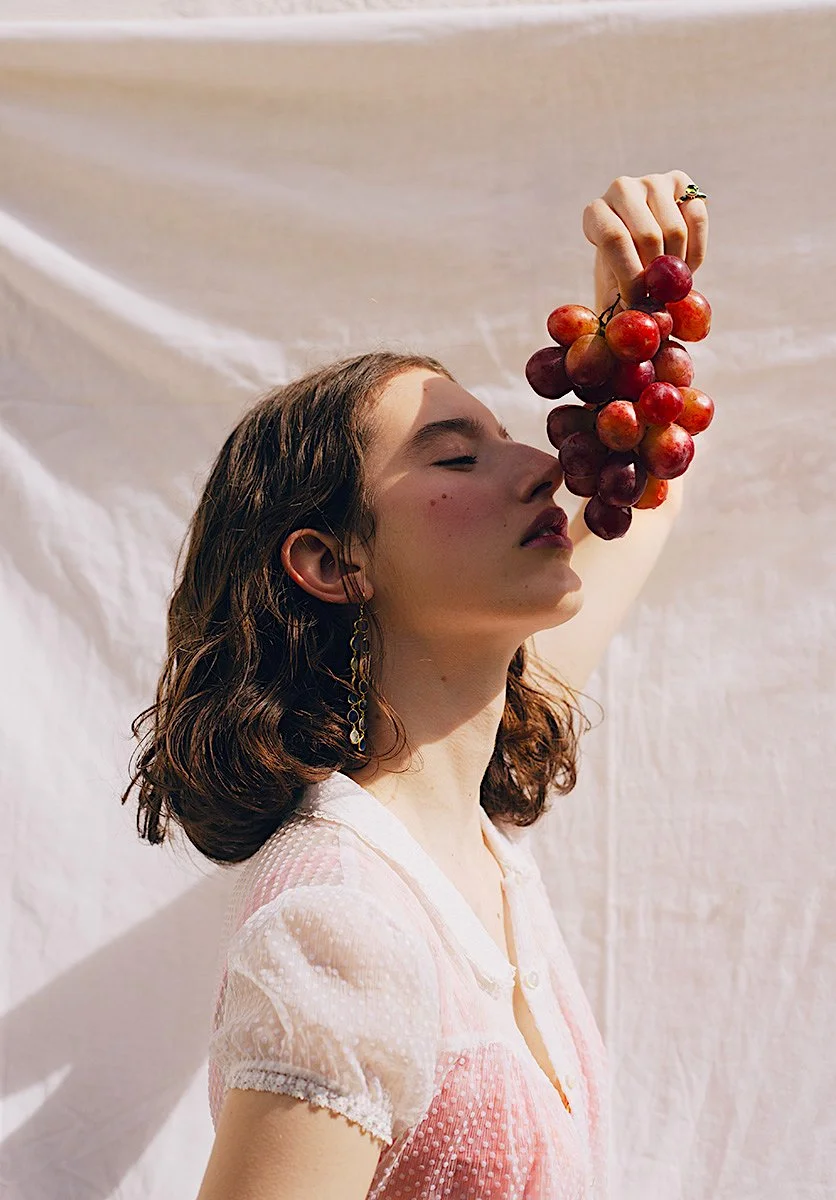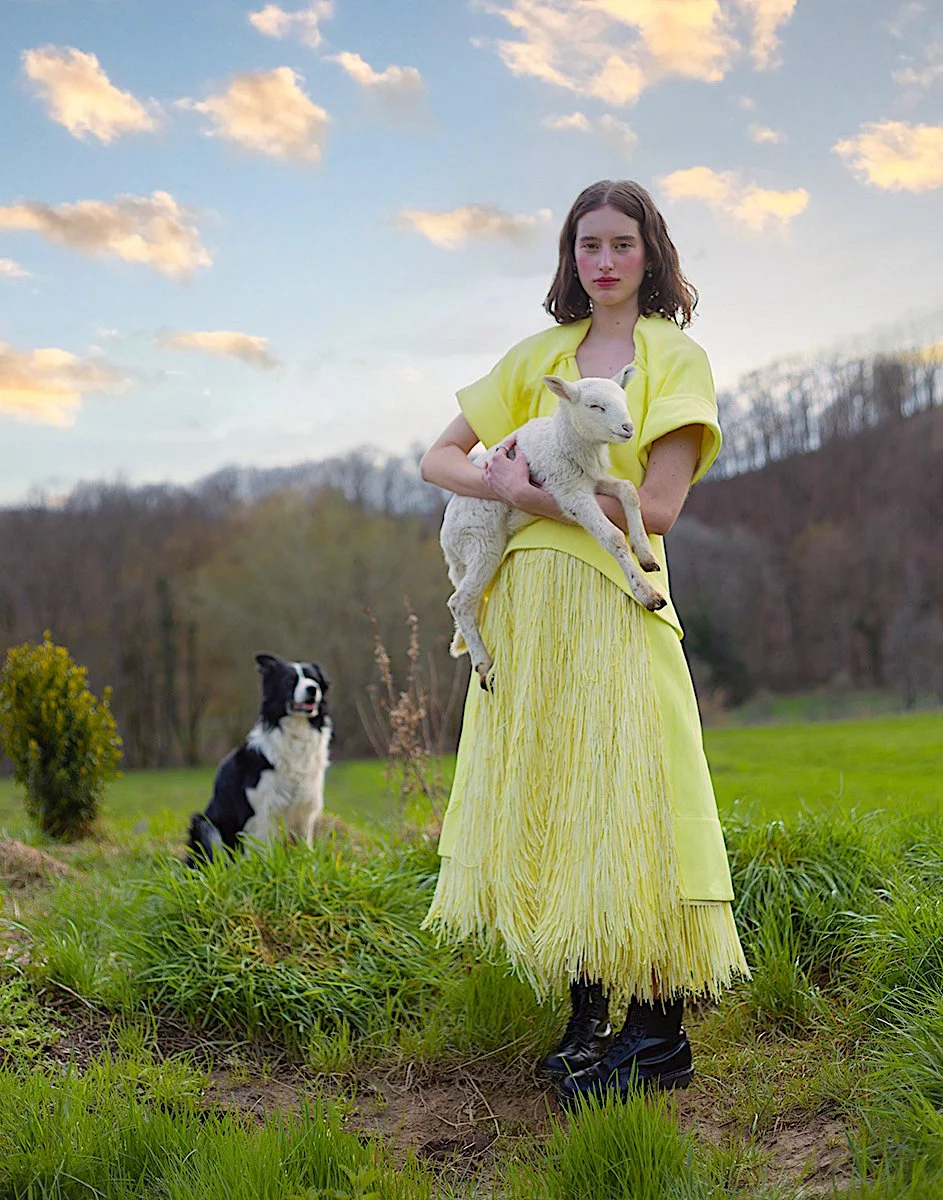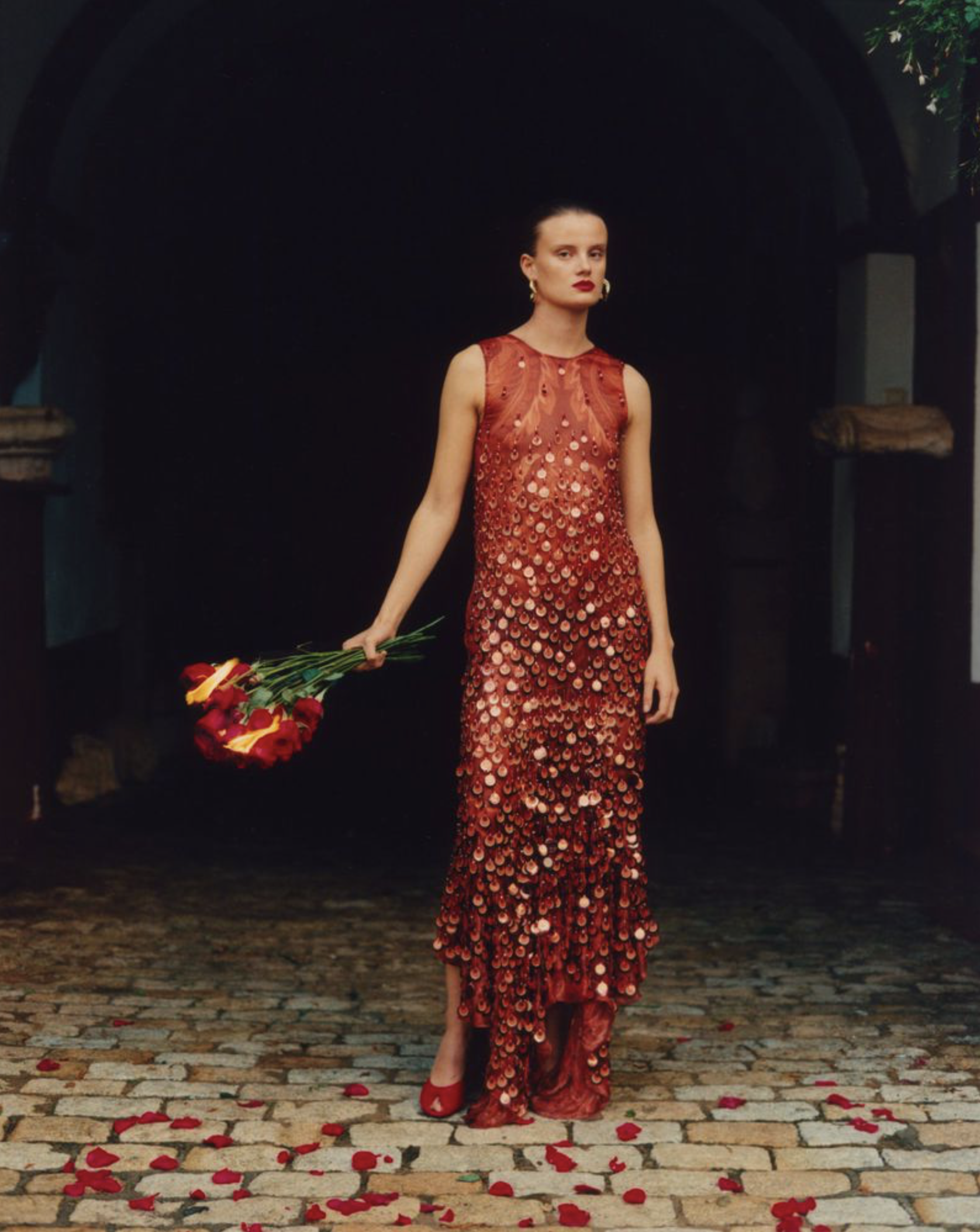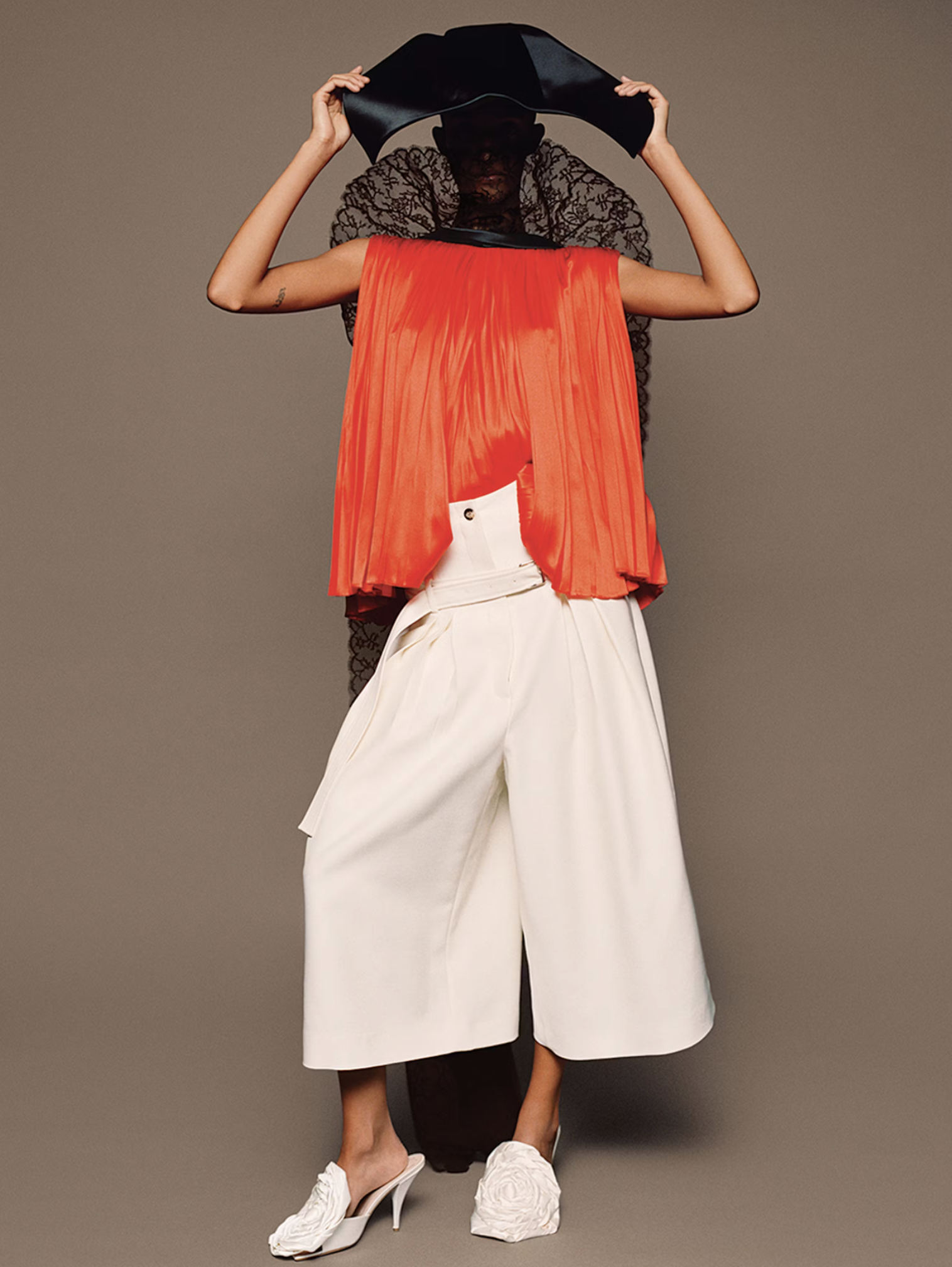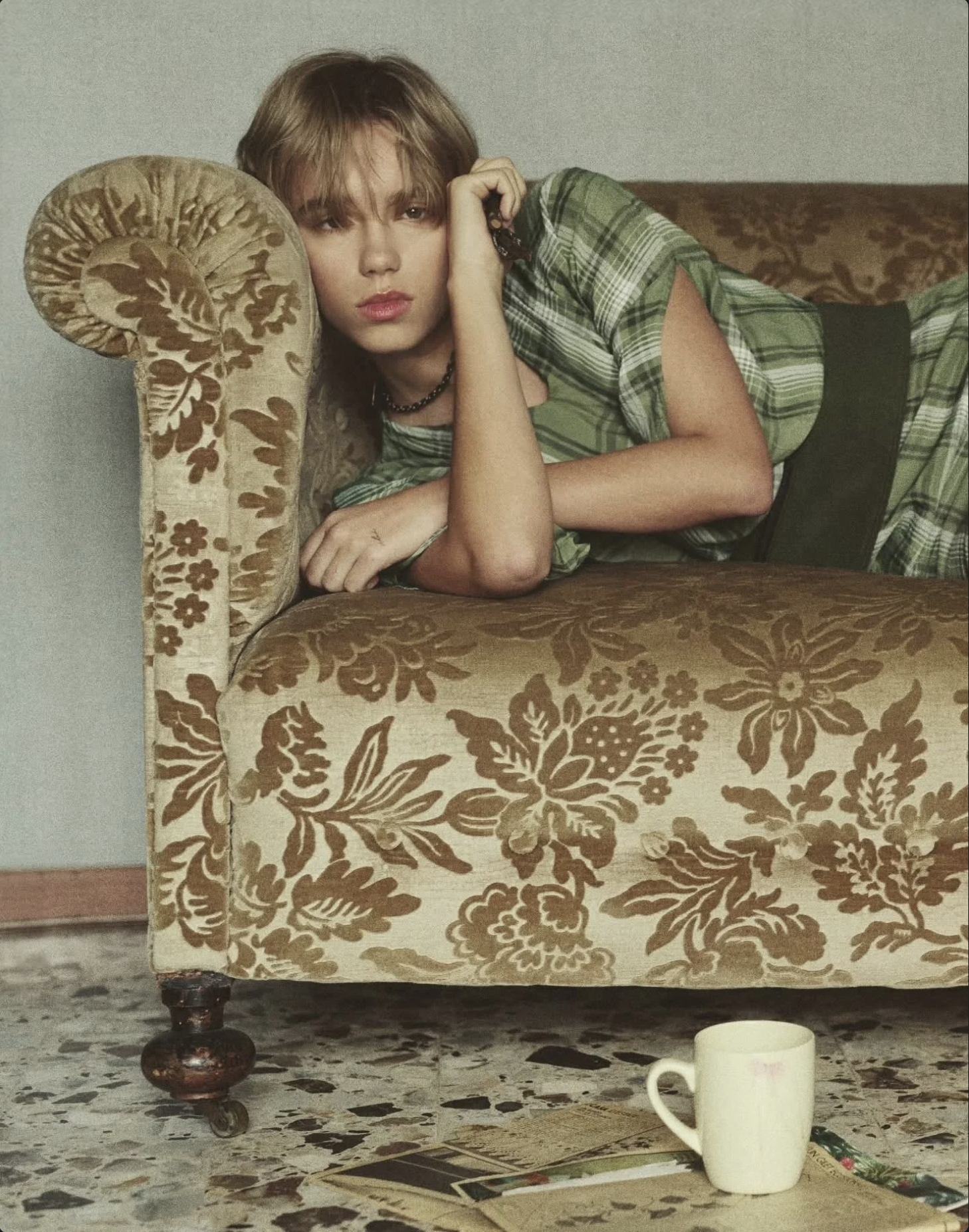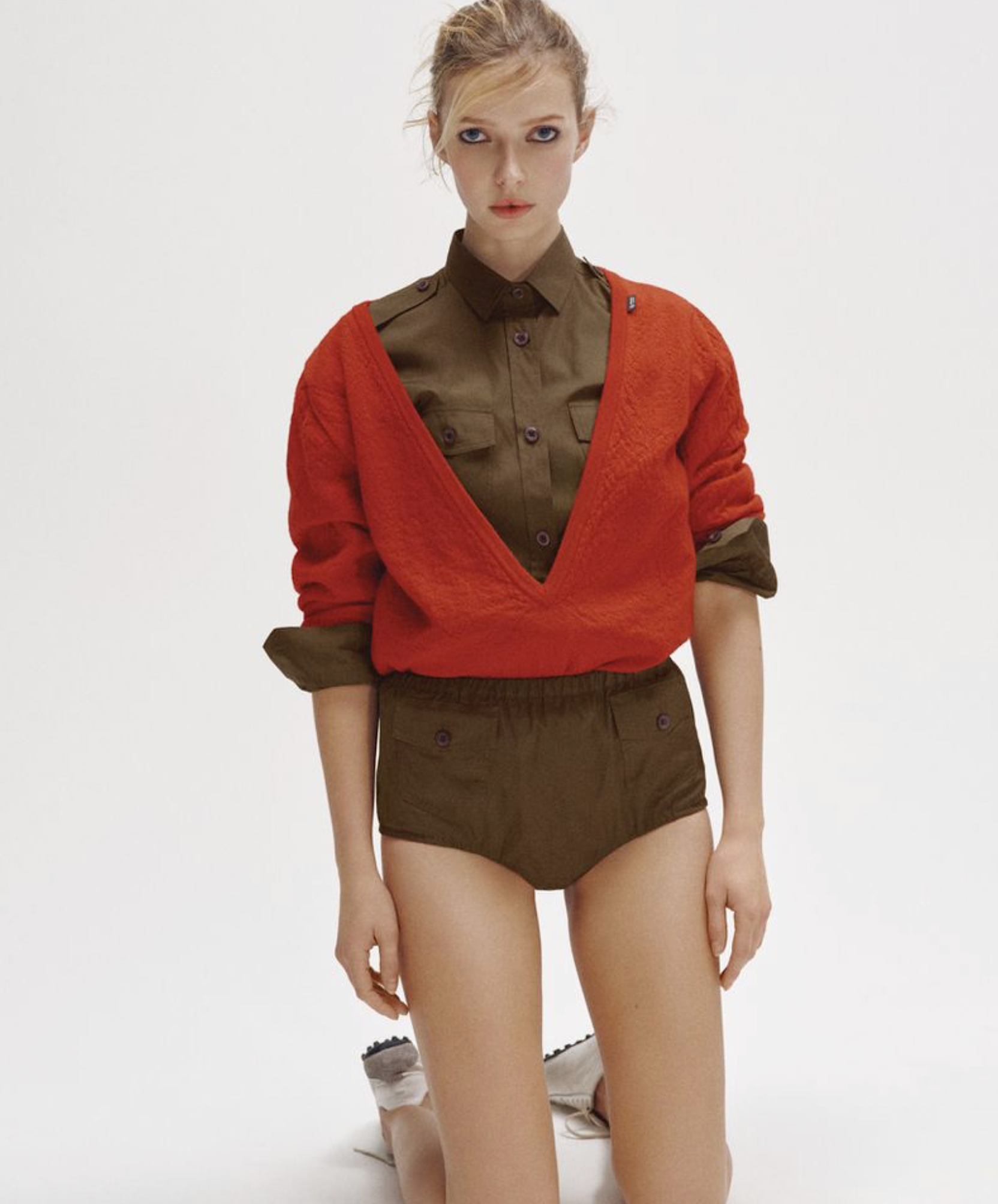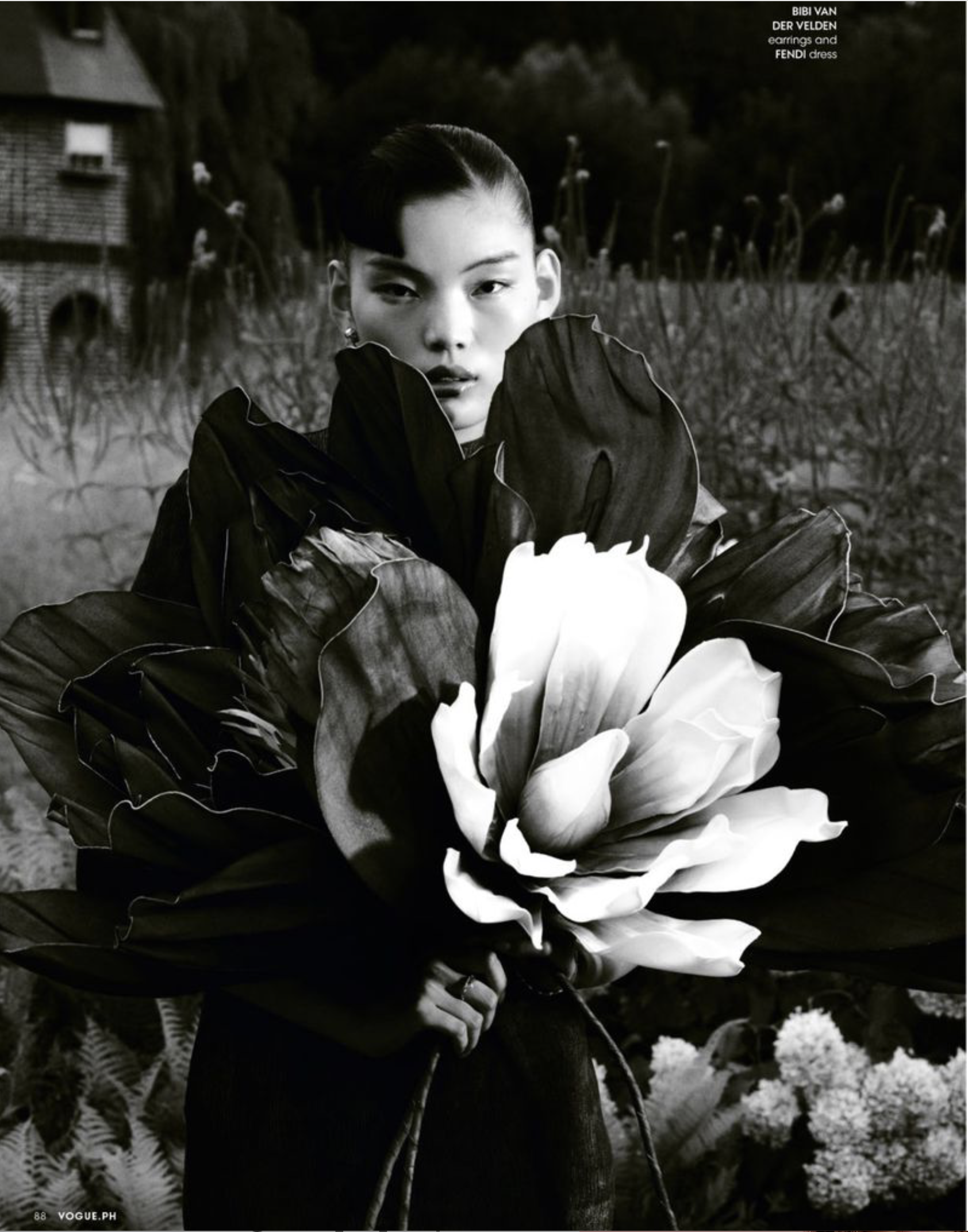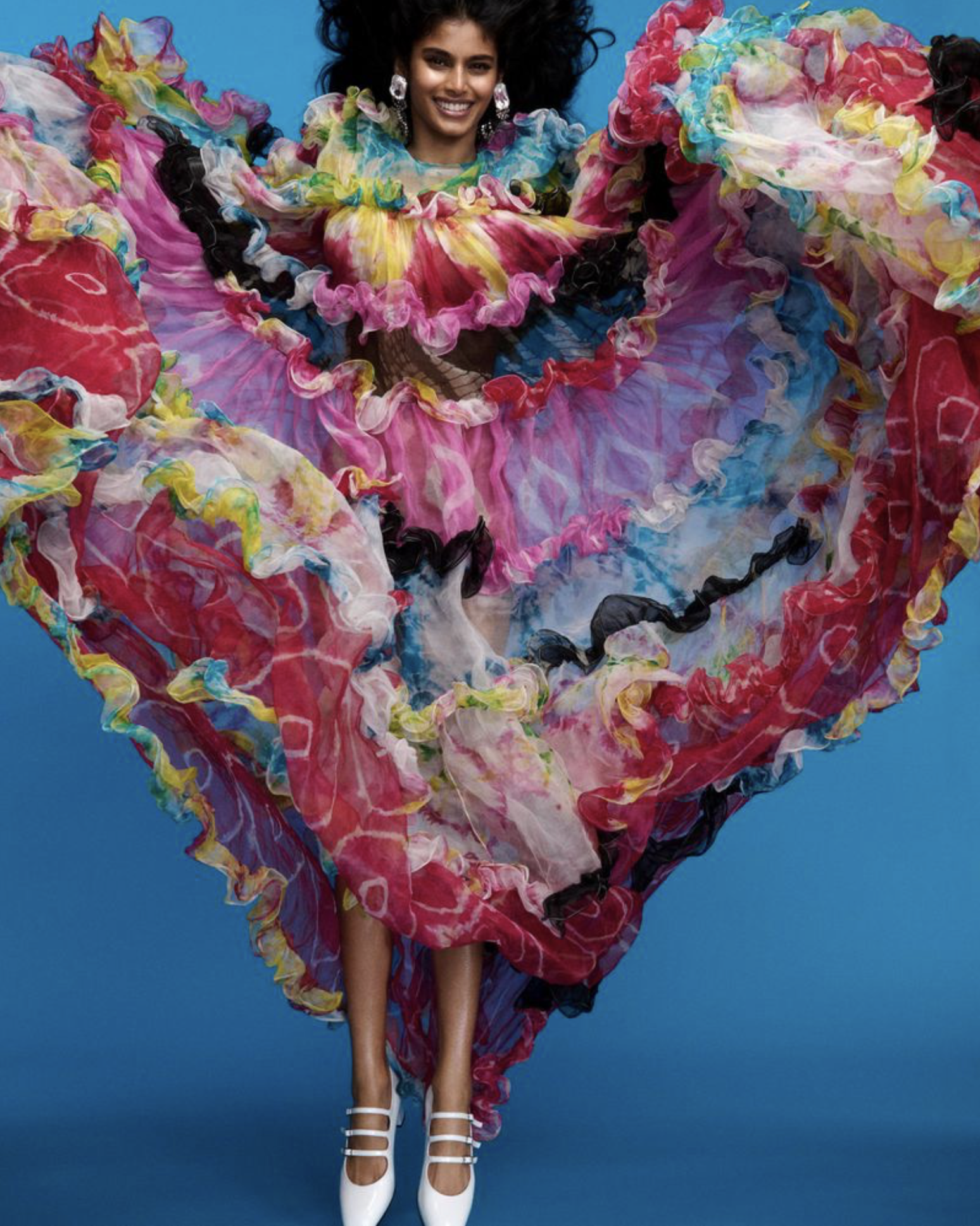Eva Hardwick & Allana Brito Find Joy with Animals in Vogue Portugal May 2023
/Models Eva Hardwick and Allana Brito are styled by Emmanuelle Ramos in ‘Maria dos Prazeres’, a fashion story with deep ties to nature.
Photographer Alexandra Sophie [IG] is behind the lens for Vogue Portugal’s May 2023 Pleasure Issue. / Hair and makeup by Aurelia-Liansberg
Human Brains and Nonthreatening Animals
According to recent studies, the human brain has a positive response to nonthreatening animals. When individuals come across animals that are perceived to be cute or friendly, such as puppies or kittens, their brain releases oxytocin, a hormone associated with social bonding and trust.
This response is thought to be evolutionary, as humans have a long history of coexisting with domesticated animals. For example, dogs were domesticated over 15,000 years ago, and have since become loyal companions and integral parts of human families.
Domesticated Dog Brains Defy Scientific Expectations
Much exciting new research focuses on the brains of the animals — and dogs in particular. A new study, published in the journal Evolution, investigated brain size in both modern and ancient dog breeds.
The research team found that dog brains are getting larger the further genetically that they have evolved away from a wolf. Researchers expected the exact opposite result, arguing that the larger, ancient brain was required for self-defense and hunting among ancient dogs and wolves alike.
The rules of evolution automatically shrink a larger brain — with its greater demands for energy and food ‘fuel’ — among domesticated animals. The closer the dogs’ DNA was to the DNA of wolves, the rule held with an average shrinkage of the dog brains by 20%.
The rule did not hold among dog species whose DNA was significantly differentiated from wolf brains. And it didn’t matter if the dog had energy-sucking responsibilities, such as herding or guarding. Researchers expected more wolf-size brains among these animals, as Popular Mechanics explains.
Brain Size Has Increased Among Some Breeds of Domesticated Dogs
Now researchers postulate — without scientific proof — that the domestication of dogs may increase their brain sizes because dogs’ cognitive capacity has increased due to their relations with humans. “Perhaps the more complex social environment, urbanization, and adaptation to more rules and expectations have caused this change,” researcher László Zsolt Garamszegi, an evolutionary biologist at the Ecological Research Centre in Hungary, said in the press release.
Do cats and pet parrots also have bigger brains is they are living in the company of humans? And based on the same logic, does our positive response to animals impact not only our emotions with oxytocin-release, but also our own human brains’ cognitive abilities. Are domesticated animals our partners and helpers in enhanced human cognitive function over evolutionary time?
Can a Vogue Portugal Fashion Story Destress Us Humans — If Only for a Moment?
This positive response to nonthreatening animals extends beyond just domesticated pets, too. People often feel a sense of relaxation and enjoyment when they encounter wild animals in nature, such as birds or deer. This response is likely due to the human brain's inherent connection to the natural world and a desire to connect with other living beings.
In fact, studies have found that simply watching videos or looking at pictures of cute animals can have positive effects on individuals' mental health, reducing stress and increasing feelings of happiness. And to wind down these comments, does looking at these fashion story images have a positive impact on our wellbeing.
Overall, it's clear that the human brain has a positive response to nonthreatening animals, likely due to our long history of coexisting with domesticated pets and our innate connection to the natural world. But this response may be far richer and complex than we smarty-pants humans understand.
Inquiring minds want to know, and this research has really piqued AOC’s interest. Stay tuned. ~ Anne
